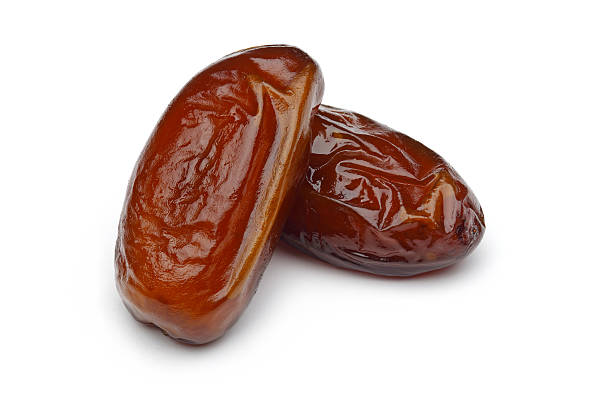
Dates are a type of summer fruit. It is the fruit of perennial palm trees, which are widely cultivated in areas with high temperatures, including regions of the Arab world, especially the Arab Gulf states and Egypt, noting that there are many names given to dates, which vary depending on Because of the different areas that use it, some call it wet and besr, and others call it dates, and due to its importance and multiple uses in the food, health, and cosmetic fields, we chose to highlight its most prominent benefits from a scientific point of view in this article.
The nutritional value of dates:
Dates contain a high nutritional value, and have been considered as a basic food for humans since ancient times, and the fruits of dates are the highest fruit that contains sugars, and these components vary according to the nature of the fruit, whether it is wet, semi-dry or dry, as well as according to the environmental conditions surrounding the trees, and the components of the fruits differ according to different Varieties, and the percentage of sugars in the date exceeds 70-78% of the components of the fruit, and these sugars are characterized by their rapid absorption, transfer to the blood directly, digestion and burning.
10 dates (about 100 grams) per day provide a person with all his daily needs of: magnesium, manganese, copper and sulfur, and half of his calcium and potassium needs.

There are many benefits of dates to maintain the health of various parts of the body, and the most prominent of these benefits are the following:
1- Promote the health of the digestive system
Since dates are a rich source of soluble and insoluble dietary fiber, they will certainly have a role in promoting the health and functioning of the digestive system, and in the prevention of some intestinal disorders, such as:
Improving bowel movement by preventing constipation and treating diarrhea.
Prevention of intestinal and colon infections due to its antibacterial properties, and its role in stimulating the growth of beneficial bacteria in the intestine.
Prevention of hemorrhoids and cancers of the digestive system.
2- Treatment of anemia.
Dates are an excellent source of many minerals, including iron, which makes dates play a good role in treating anemia caused by iron deficiency. Iron also helps to supply the body with energy and get rid of fatigue caused by anemia.
3 – Provide energy for the body.
Dates contain a high percentage of carbohydrates and natural sugars, such as: glucose, sucrose, and fructose, all of which provide the body with energy, raise blood sugar levels, and may be an ideal and appropriate snack, especially before exercise for athletes.
4 – Maintaining a healthy heart
Dates are very useful for heart health, as they are a source of potassium and magnesium that are important for the heart’s work, and the richness of dates in dietary fiber plays a role in lowering levels of harmful cholesterol (LDL) in the body, which plays a role in preventing strokes and seizures. Cardiovascular, atherosclerosis.
5- Anti-inflammatory
One of the benefits of dates is that they are rich in magnesium, sulfur, and antioxidants, which have anti-inflammatory effects.
It was found that dates have a role in reducing the chances of heart disease, arthritis, Alzheimer’s disease, arterial infections, and digestive infections as a result of fighting stress oxidation caused by free radicals.
Dates side effects.
Despite the many benefits of dates, eating them in abundance may cause some side effects, we mention them as follows:
* Tooth decay, especially if the teeth are not cleaned.
* High blood sugar levels for diabetics.
* Diarrhea, bloating, and stomach ache.
* Overweight.
